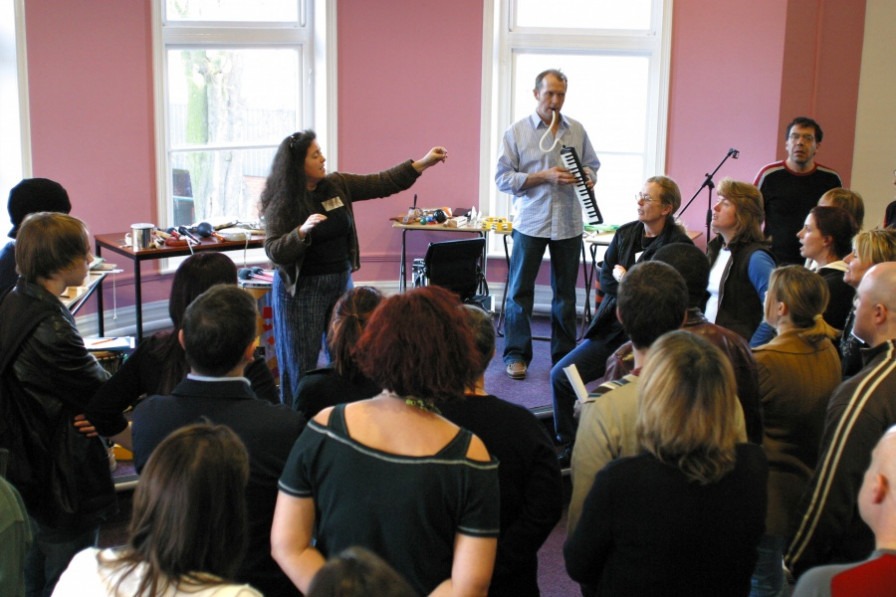You are here:
Why should you share your practice: “what's in it for me?”

There are lots of reasons why you might want to find out about other people’s practice – so you can benefit from their experience and ideas, so you can learn from their mistakes, so you can uncover practices you’d never thought about etc. – but the reasons why you might want to share your own practice are sometimes less obvious.
Here are some of the key reasons that have been flagged up with us:
- firstly, if no-one does, there wouldn’t be anything for anyone to learn from, so there’s clearly a communal altruistic argument, and if you believe in what you do, it may stand to reason that you’d like to see it practiced more widely.
- secondly, sharing your own practice in a place where people will give constructive feedback can be an effective way of improving your practice and enriching it with other people’s experiences. Often it’s hard to get this kind of feedback, particularly if you operate in relative isolation as many in music education do.
- Thirdly, sharing your practice may have promotional outcomes, promoting your work to potential employers, or employees, or participants or partners. There are often sensitivities in practice sharing with concerns about giving away trade secrets or copyrighted material. These have to be handled carefully, of course, but sometimes you can achieve more by sharing some parts to promote others, or by sharing the parts than can be shared to free up more time to do the things that can't be shared. Of course when promotion becomes the primary motivation behind practice sharing, that can heavily influence the practice that gets shared, so this needs to be handled with appropriate caution.
- Fourthly, practice sharing will generally increase the impact of your work and so be of interest and appeal to funders and other sponsors. How funders and sponsors respond to and acknowledge this will of course vary but it can be a very effective way of increasing the value of their investment in you.

